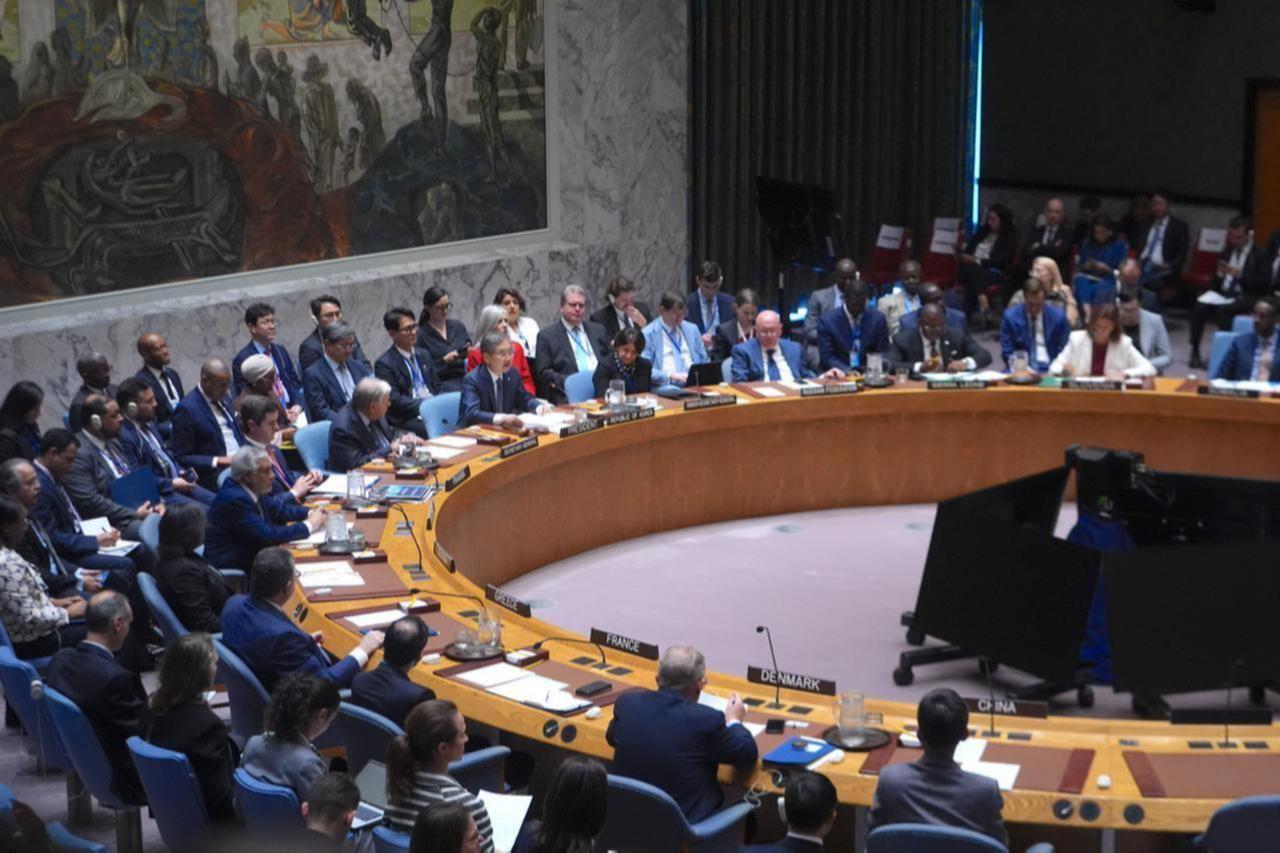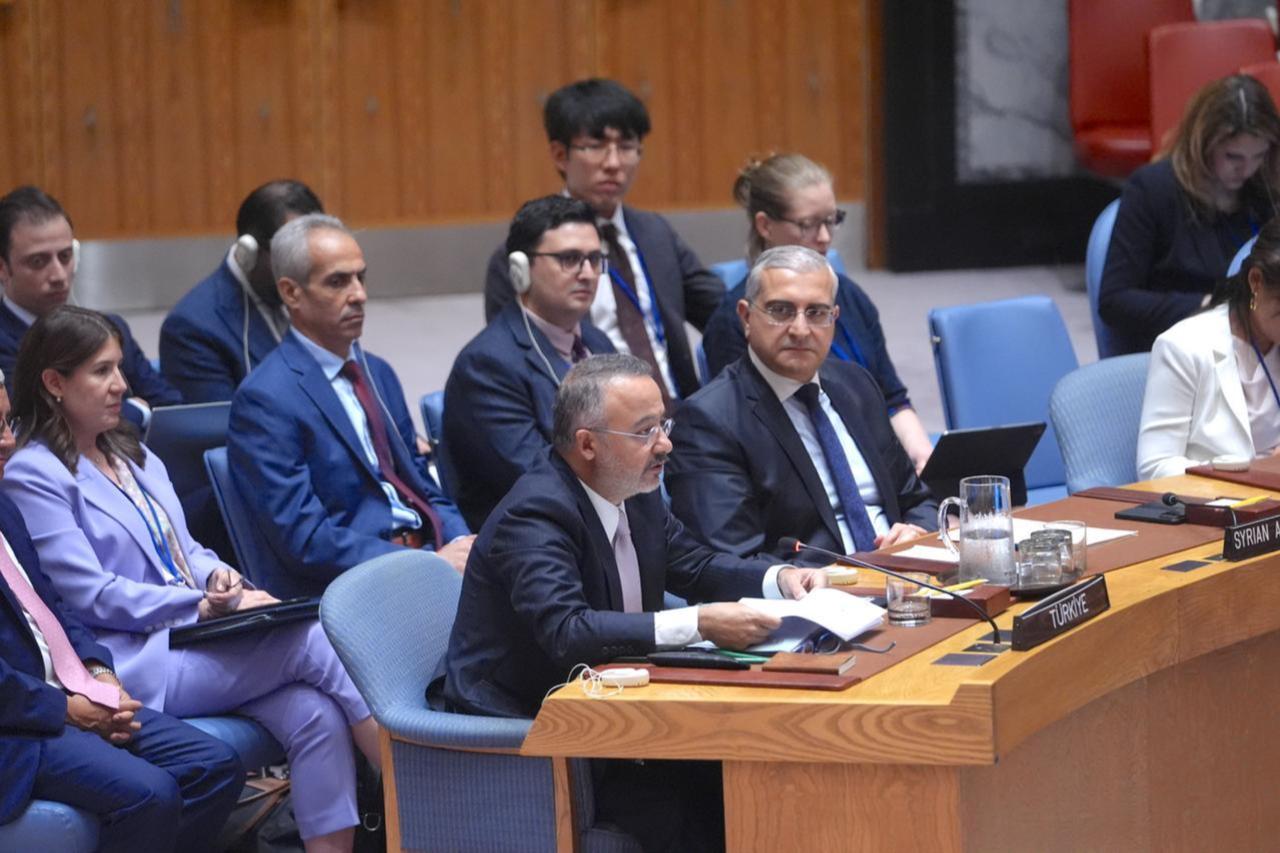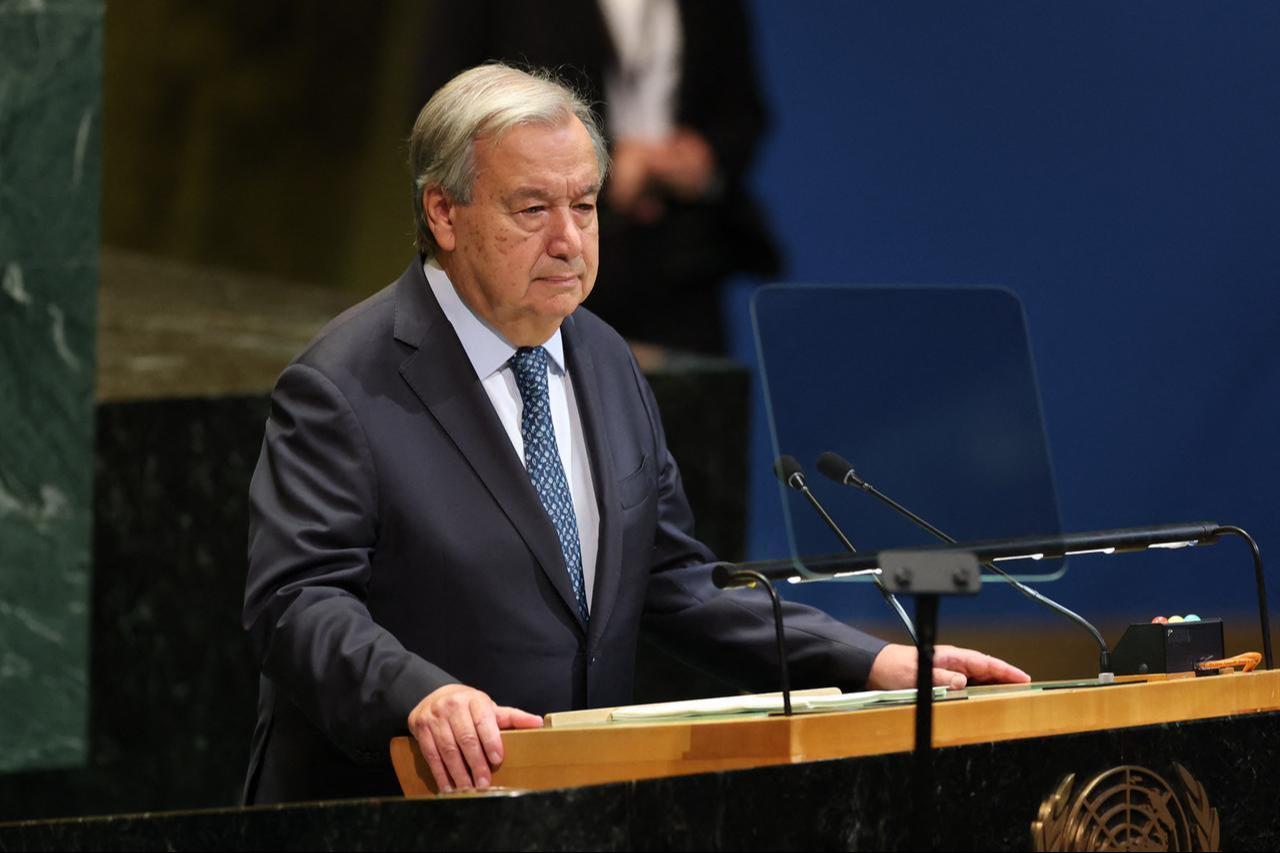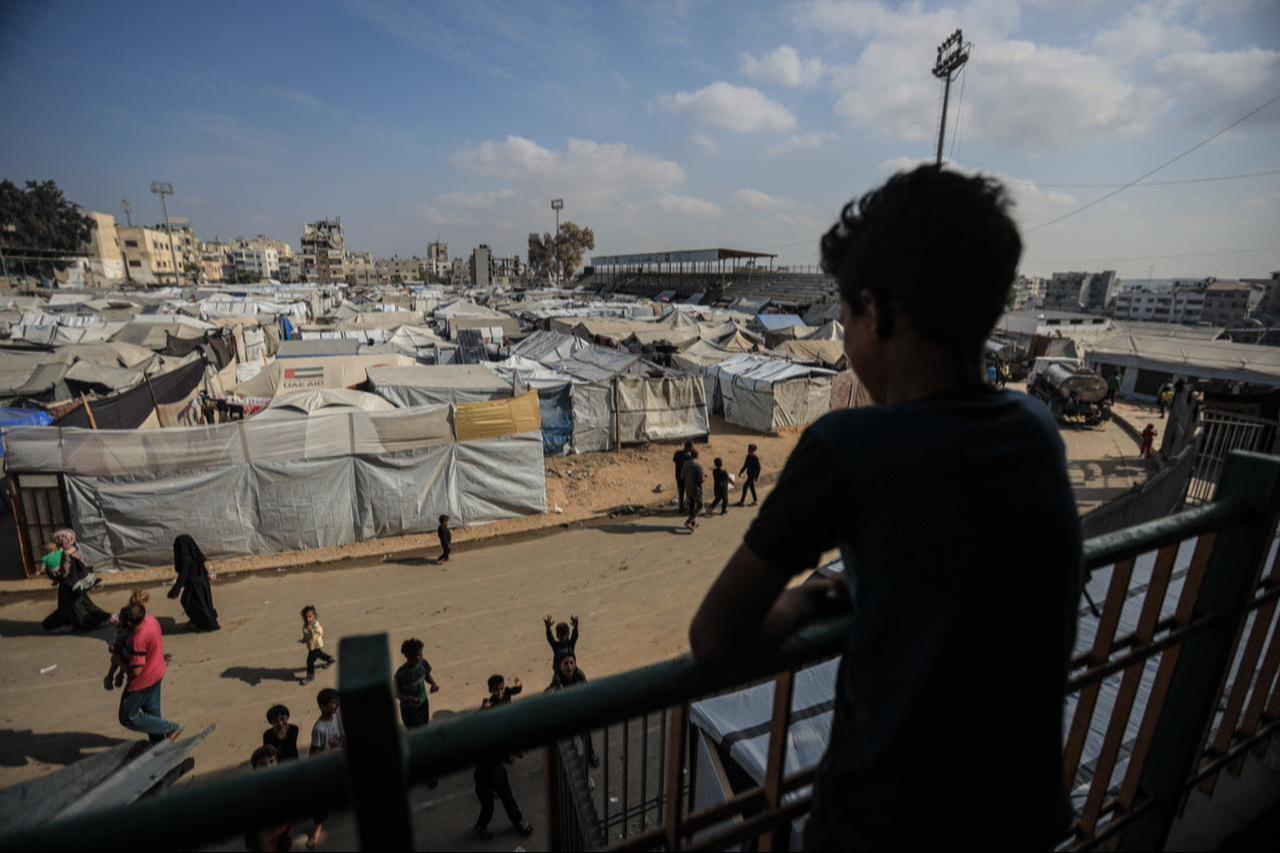
The U.N. Security Council approved a U.S.-drafted resolution creating a transitional Board of Peace (BoP) and authorizing an International Stabilization Force (ISF) to operate in Gaza, advancing President Donald Trump’s 20-point plan for the territory.
The measure passed with 13 votes in favor, while Russia and China abstained.
Before the vote, U.S. Ambassador Mike Waltz called the text a “bold, pragmatic blueprint” shaped through diplomacy with Qatar, Egypt, Türkiye, Saudi Arabia, the UAE, Pakistan and Indonesia.
He said the resolution aims to consolidate the ceasefire and lay the groundwork for Palestinian self-determination once the Palestinian Authority reforms and reconstruction progress.
After adoption, Waltz said the Board of Peace, chaired by Trump, will guide the process, while the ISF will work to stabilize Gaza, support demilitarization, dismantle militant infrastructure, and protect civilians.

The BoP and ISF are authorized until Dec. 31, 2027, with any extension requiring further Council action in coordination with Egypt and Israel.
Russia’s envoy Vassily Nebenzia said the resolution lacked clarity on the timeline for transferring Gaza’s control to the Palestinian Authority, arguing the BoP and ISF appeared able to act “absolutely autonomously” without considering Ramallah’s position.
He described the text as reminiscent of “colonial practices.”
China’s Fu Cong said the resolution was “vague and unclear” on key elements and did not sufficiently reflect Palestinian sovereignty.
UN Secretary-General Antonio Guterres welcomed the adoption as an important step in reinforcing the ceasefire.

His office said the U.N. will scale up humanitarian aid and support the next phase of the process while highlighting continued diplomacy by Egypt, Qatar, Türkiye, the U.S. and regional states.
Hamas criticized the decision, saying it imposes “international guardianship” over Gaza and fails to meet Palestinians’ political and humanitarian needs.
The group said assigning an international force to tasks inside Gaza, including disarmament, compromises neutrality and aligns the mission with Israel.
It argued that any force should operate only at borders, under the U.N. supervision.
Under the resolution, the ISF will work with a new Palestinian police force to secure borders, stabilize the security environment, support disarmament, protect civilians and facilitate humanitarian operations.

Forces will be provided by participating states and operate in close consultation with Egypt and Israel.
Humanitarian aid will be delivered through the U.N., ICRC, Red Crescent organizations, and international partners, while institutions like the World Bank are expected to support reconstruction.
Trump hailed the vote as “one of the biggest approvals in the history of the United Nations,” thanking countries that supported the effort, including Qatar, Egypt, the UAE, Saudi Arabia, Indonesia, Türkiye and Jordan.
He said further announcements on the Board of Peace will follow in the coming weeks.